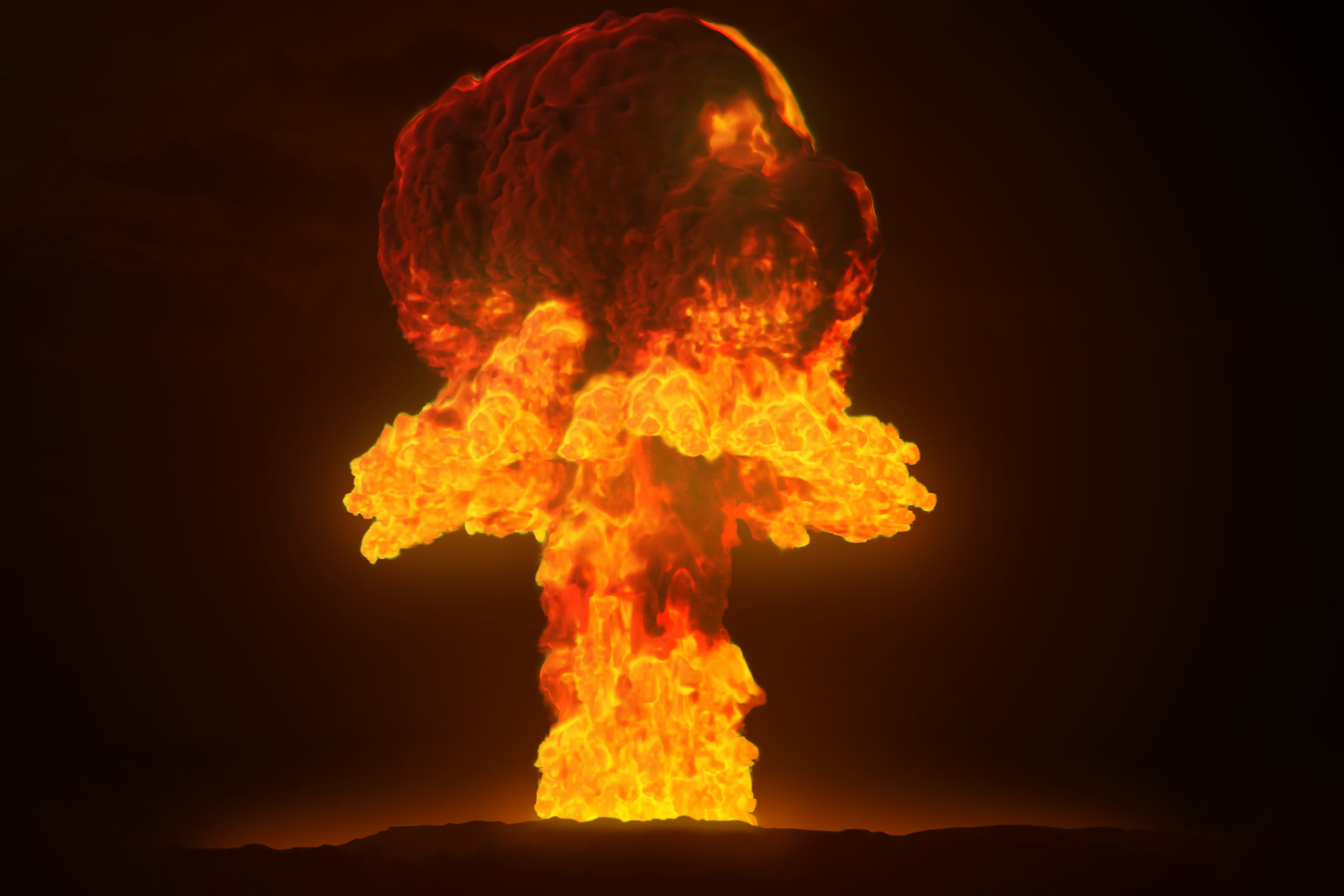The idea of World War III has loomed over global consciousness since the end of World War II. With modern weapons, political rivalries, and rising tensions across the globe, the fear of a massive global conflict is understandable.
However, despite occasional flashpoints such as the Russian aggression in Ukraine or the conflict between Israel, United States and Iran, there are several compelling reasons why a third world war remains unlikely in the near future.
The global landscape has changed dramatically since the 20th century, making such a catastrophic event not only undesirable but also strategically irrational for the major powers involved.
Nuclear Weapons as an Effective Deterrent

One of the primary reasons for the absence of large-scale global warfare since 1945 is the presence of nuclear weapons.
The destructive potential of modern nuclear arsenals is enough to wipe out entire cities in seconds and trigger environmental consequences that could affect the entire planet.
This has created what is commonly referred to as “Mutually Assured Destruction” (MAD), a doctrine that essentially guarantees that any nuclear exchange would lead to total devastation for all involved parties.
For this reason, nuclear-armed states are extremely cautious when it comes to engaging in direct military confrontation with one another.
The risk simply outweighs any potential reward. Instead, conflicts are often contained through proxy wars, cyber operations, and economic measures.
The very presence of these weapons acts as a psychological and strategic brake on escalation, keeping global war at bay.
Economic Interdependence

Globalization has significantly tied the economic fortunes of nations together. Countries are no longer isolated in their production and trade; instead, they are deeply integrated into a global economy where disruptions in one region can have ripple effects across the entire planet.
China, the United States, the European Union, and other economic powers are all dependent on each other for goods, markets, and investments.
Launching a global war in today’s world would mean collapsing the economic systems that sustain modern life. Major economies understand that the cost of war isn’t just measured in lives or territory, but in economic ruin.
This mutual dependence encourages diplomacy, negotiation, and cautious strategic behavior rather than outright war.
Shifting Toward Cyberattacks and Small Proxy Wars

The nature of conflict has evolved in the 21st century. Instead of tanks crossing borders or mass mobilizations of armies, today's rivalries often play out in cyberspace or through third-party nations.
Countries now engage in cyberattacks, disinformation campaigns, trade wars, and technological competition to weaken their opponents without resorting to direct violence.
Proxy wars, like those seen in Syria, Ukraine before 2022, or Yemen, allow powerful nations to compete for influence indirectly.
While these conflicts are serious and tragic, they are contained geographically and politically, avoiding the kind of all-encompassing destruction seen in previous world wars. This new form of warfare, while still dangerous, tends to avoid the global escalation that would lead to a third world war.
Lessons from the Previous World Wars

The two world wars of the 20th century left an indelible mark on humanity. Tens of millions died, entire cities were reduced to rubble, and entire generations were scarred by the horrors of modern warfare.
These memories are not distant history; they remain vivid in textbooks, museums, and family legacies. This collective memory serves as a powerful deterrent against repeating the same mistakes.
Political leaders, military strategists, and citizens alike are deeply aware of the cost of war on that scale. The international community has built institutions like the United Nations, NATO, and various treaties designed to resolve disputes without resorting to violence.
While these institutions are not perfect, they play a crucial role in preventing escalation and fostering dialogue between rival nations.
The Absence of Clear Alliance Triggers

In the early 20th century, the complex alliance systems made war almost a certainty and even automatic once one nation was attacked.
Just like when Archduke Franz Ferdinand was assassinated by a Serbian nationalist which started World War I, or when Germany invaded Poland which started World War II. Unlike the past, the world today lacks such rigid commitments.
While there are military alliances like NATO, most nations approach conflicts with caution and a preference for diplomacy.
Even when incidents occur, such as border skirmishes or military provocations, they are often met with measured responses rather than immediate declarations of war.



















